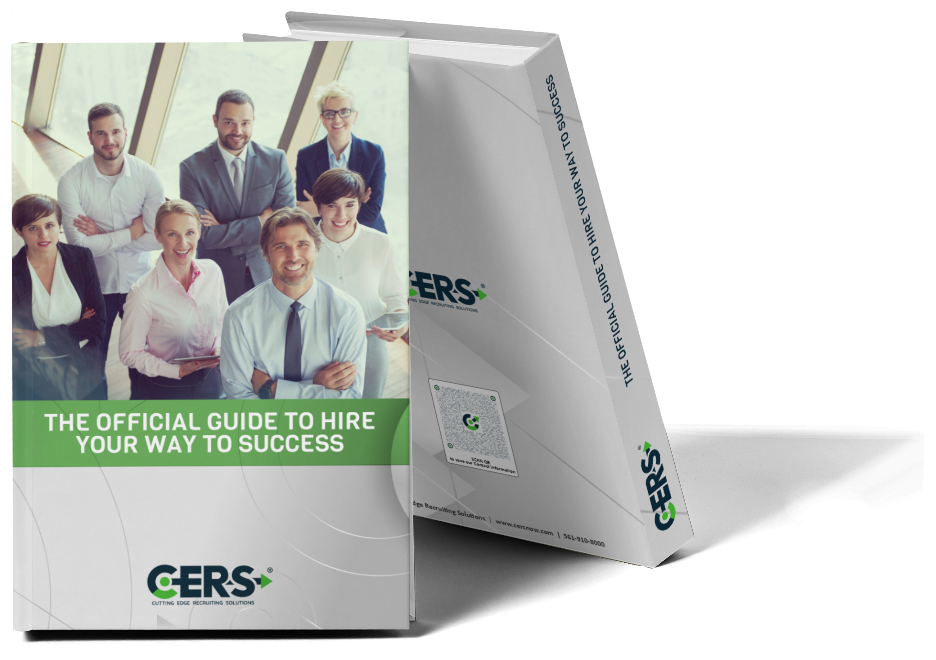“Failing to prepare is preparing to fail”
-John Wooden
Preparation is essential to any successful interview. No detail should be overlooked or taken too lightly as the old adage says, you only get one chance to make a first impression. Below is an outline or formula to assist you with preparing for your next interview but first let’s discuss some of the basics before you arrive at the interview.
Attire
Dress to impress. It is always better to overdress than the reverse. We recommend that you:
- Pick out your clothes ahead of time.
- Your outfit should be cleaned, pressed and ready to go the day before your interview.
- Wear “neutral” clothes. A dark suit with a white shirt and a red or yellow tie is recommended for men.
- Your shoes and belt should match and shoes should be polished to a nice shine.
- Style your hair conservatively and keep jewellery to a minimum, a watch, wedding band or school ring is plenty.
- For women, a dark pant or skirt suit is recommended.
- Skirts should be conservative and worn at or below the knee. This should be accompanied by a neutral, button down shirt, also worn conservatively.
- Heels should be no more than 3 inches and absolutely no open toed shoes.
- Make up and nails should also be conservative.
- Keep perfumes and colognes to a minimum.
Research
Go to the company website and look at all the tabs and links. Get an understanding of the company philosophy, history, customer base, competitors, mission statement and anything that can be a useful topic of discussion during the interview. Read press releases as well as blogs about the company that can provide some additional insight and perspective for engaging questions.
- Company’s website
- Hoovers.com
- Zoominfo.com
- Google.com
- Linkedin.com
- Pipl.com
You should know how exactly to pronounce both the interviewer’s and the company name. When reading the blogs and social site feedback beware of the rotten egg. There is always someone that had a bad experience, or is just a downright angry person, they often blog all day long about how horrible a company. After all, another timeless adage is one person’s oyster is another’s pearl. When working with recruiters, it is helpful to ask for their insight into the company, corporate culture, characteristics of the interviewer, past successes and failures during the interview process. Compile this research into a short list of some interesting facts and/or topics of conversation about the organization. Keep your list short and think of them as reminders so that you can utilize them later in the interview formula.
What to Bring
Don’t assume that your interviewer will have a copy of your resume. You should have several copies (more than you will need) printed on a nice grade resume paper. Keep them in a full size folder so that they stay clean and wrinkle free. Bring a nice notebook or portfolio and a blue or black ink pen. The notebook should include the questions and facts from your research on the company and should be used to jot down important information gathered in the interview.
Always ask, “Do you mind if I take a few notes?” This will show the interviewer that you are prepared, and will also be helpful to ask follow up questions later in the interview. If you have awards, documentation of success, sales reports, letters of recommendation or other helpful literature, make sure you bring copies of that to present to the interviewer. Bring extra copies in the event you meet with additional people.
Travel Tips
Give yourself plenty of time to get to the interview. Allow for traffic, a long line at the coffee shop or other unforeseen delays. If possible, drive to the location a day or two before the interview so that you know exactly how to get there. Never arrive to the interview more than 15 minutes early. Showing up too early can be as rude as being late.
Now that you have prepared for your interview its time to discuss how you will increase your chances of winning the position your seeking. This formula will assist you with a simple plan to follow so you can get the hiring manager interested in you as a candidate. We have found this preparation will increase your confidence and calm your nerves. Follow these 5-steps to increase your likelihood of success:
- The Opening
Be engaging and build rapport. This is best accomplished by engaging interviews in conversation about themselves not the news, weather, sports, etc. It is very important to find out and confirm what the hiring manager is looking for early on in your interview. This will afford you an opportunity to target your many years of experience, responsibilities, and tasks into a presentation that is in line with what the hiring manager is looking for.The worst thing you can do is lose your audience early in the interview as it would result in an uphill battle from there. If they have not volunteered what they are looking for work a couple of question in and secure what they are looking for and what their expectations are. Remember that you are not controlling the interview. - Questions
You must ask good strategic questions and they should fit within the context of the conversation. Think of only one question at a time as your ability to listen is received as someone who can or cannot follow directions, is or is not coachable. Open-ended questions are best as it will continue a two-way conversation. You can utilize some of those you have in your notebook from earlier preparation.Examples:- What is you management style and what personalities fit best with your style?
- What are some of the reasons prospects purchase ABC’s products/services over your competitors like (1 or 2 from your research)?
- Addressing Concerns
As the interview is winding down and the flow of questions slows it is very important that we address any concerns the hiring manager may have. After all, if we leave without addressing them we may never have another chance. It is important that you are never defensive or offended by a concern. It is best viewed as an opportunity to further clarify your background and experiences and never to make excuses. Some examples of question that bring concerns out in the open are:- Do you have any concerns or reservation about my background or experience?
- How do you feel I would fit within the organization or position?
Once the hiring manager communicates a concern it is your responsibility to communicate past it. Empathy is important here. Mr./Ms. Hiring manager I understand you concern however… Then utilize specific examples from your background to get overcome the concern. Once you have accomplished this ask if there are any other concerns or reservations and address those as well. It is possible that they may not have any concerns and that is ok to.
- The Close
It is critical that you close for a next step throughout the interview process. Depending on where you are in the process it can be as simple as asking for and gaining an agreement to move forward or when appropriate asking for the positions.Thank you for the time you have invested with me today. I’ve very excited about the opportunity at ABC company. What is the next step in your interview process?You Avoid long-winded answers and make sure you effectively answer the question you were asked. Conversely, avoid one-word answers. There should be an effective flow to the interview. It is okay to pause before you answer a question. It shows that you are putting thought into it and not just saying the canned response. Make eye contact. Even if the butterflies are fluttering in your stomach, make sure you make and keep eye contact with the interviewer. Failure to do so will often result in failure to get a second interview or offer. This is the bulk of your interview. You’ll know when you move on as the pace at which questions are going back and forth will begin to slow. - A common pitfall
Avoid an early conversation about compensation as these often turn to negotiations. This includes, time-off, Benefits as well as, salary and commissions. After all, we don’t want the hiring manager to assume this is all you interested in! Remember you job is to create interest in you as the candidate. I’m not suggesting you avoid answering the questions entirely however, share some of the other things that are of interest beyond just compensation. Something like this to the hiring manager: I’m sure that if you find my background, experiences, and accomplishments a fit then we can come to terms in regards to a compensation package. If the interview is still persistent I would recommend that you share with him you previous earning honestly as the company may as for W-2’s or recent pay stubs to prove it. I would also follow-up with additional items that drive you besides money.- Upward mobility (career path)
- Contributing to a company’s success
- Being part of a team who is committed to success









